 After last week’s article on identity and pseudonyms I have been giving a lot of thought to the reasons sex writers so often hide behind fake identities. When it comes to sex bloggers – who I defined as those who write autobiographically about their own sex lives – the reasons are perfectly clear, and given the stigma of writing about sex at all, other sex writers clearly have good cause as well. However, writers of erotic fiction have another problem to contend with: the world’s apparent difficulty in differentiating between narrator and writer.
After last week’s article on identity and pseudonyms I have been giving a lot of thought to the reasons sex writers so often hide behind fake identities. When it comes to sex bloggers – who I defined as those who write autobiographically about their own sex lives – the reasons are perfectly clear, and given the stigma of writing about sex at all, other sex writers clearly have good cause as well. However, writers of erotic fiction have another problem to contend with: the world’s apparent difficulty in differentiating between narrator and writer.
This problem is not exclusive to erotic fiction; you can find people citing fiction as the author’s opinion across all genres of writing; I recently saw someone cite Wordsworth’s The Prelude as Wordsworth’s beliefs, and no one who read the article questioned this assertion. When I started studying Chaucer one of the things I had drummed into my head was that Chaucer’s narrators are always unreliable. Whilst we can speculate that perhaps a particular character might represent the author – Prospero in Shakespeare’s The Tempest springs to mind – we, as readers, can never be certain that this was the author’s intention, nor that he is representing himself correctly. When reading novels we really do have to remember, at all times, that we are reading fiction. Certainly, writers may use fiction to forward their own agenda, or to make a wider point, but still we can never safely place our trust in the voice of our narrators. (It is also notable to remark that many of the greatest narrators are highly unreliable; and that this unreliability really has no impact on the quality of the writing.)
Of course, it is near impossible to say that no narrators reflect their creators’ true feelings, but there is good evidence to show that writers by and large are not writing from their own points of view: first of all, writing candidly as yourself is extremely difficult. There will almost certainly be something a writer will wish to obscure or change about himself. Then of course there is the fact that most authors write in a variety of different voices through many characters during their careers, which makes the idea that narrator and author are one very difficult. Furthermore, anyone who has written for a significant amount of time will know that the desire to inhabit and speak as someone other than himself is almost synonymous with the desire to write itself.
In any case, it seems highly likely that most writers of transgressive fiction have pondered how it will be read, and worried that their fiction might be cited as their own views; I certainly have.
The saying “write what you know” might be a good suggestion for beginners and for those struggling for inspiration, but it would be extremely naïve to assume that all writers are writing what they know. The truth is that, like everything human, the best we can do is observe trends, and carefully cite generalisations on these kinds of things. What seems perfectly true to me is that a writer does not have to be twisted to write a twisted story; he doesn’t not have to be female to write from a woman’s perspective; he does not have to have experienced torture in order to describe it. (In some cases it might help, but it is not necessary.)
But the belief that writers write what they know and from their own perspective means that often, when erotic fiction is read, the reader understands what is written as either something the author has experienced, or something the author wants to experience. What many readers fail to discern is that a writer may be challenging himself. Recently someone suggested to me that writing something you never want to do is a very good exercise. In fact, when I consider my own writing, the only time I wrote pieces which I would have liked to live out in their entirety was when I was a virgin, because at that point most of my writing about sex was aspirational, but even that is a dangerous generalisation as not all the pieces I wrote as a virgin were aspirational.
Perhaps I am selling readers a little short; there is also a very good argument for the idea that erotic fiction authors are writing to arouse and thus their writing must be something they desire; this goes along with the argument that a writer must be aroused by what he is writing in order for it to arouse anyone else. Perhaps erotic fiction is a genre wherein there is a higher percentage of writing written out of the author’s own desires and experiences. However, this is only true if we A) believe that a writer must be aroused by what he writes in order for it to arouse others, and B) that a particular writer’s intention was, indeed, to arouse. These assertions are also difficult; more often than not, neither are true when it comes to my own writing; I receive extremely sexual/aroused feedback on pieces it did not arouse me to write, and I rarely write with the intention to arouse. Having said that, I know writers for whom both of these facts are true. What I am trying to pinpoint is the unreliability of reading on these assumptions.
For the most part it seems that the confusion between author and voice is due to a lack of awareness and a willingness to be carried, thoughtlessly, through the narrative. It would seem like a stretch to say that readers, for the most part, read erotic fiction and, through in-depth thought, come to the conclusion that the writing is autobiographical or aspirational. It seems far more likely that readers simply don’t question the ‘I’ in relation to the author.
Unfortunately this problem shows no signs of abating, and personally, due to the nature of some of my own erotic fiction, it is probably the main reason I choose to remain anonymous. If we, as writers, could be sure that all our readers would accept our words on the assumption that they are probably wholly fictional and the understanding that a writer can be a perfectly reasonable, sensible and even happy human being and also write extremely dark and transgressive stories, I for one would be far more open about who I am and what I write. As it is, the fact that someone might read any one of my more transgressive stories and assume that what I’ve written is what I want, is worrying. Worse still if someone then used that assumption to falsely represent me. Of course, putting anything you create into the public domain means you will be scrutinised whether you wish to be or not, but I feel that the least we as creatives can do is contemplate and attempt to marginalise the damage it may cause.


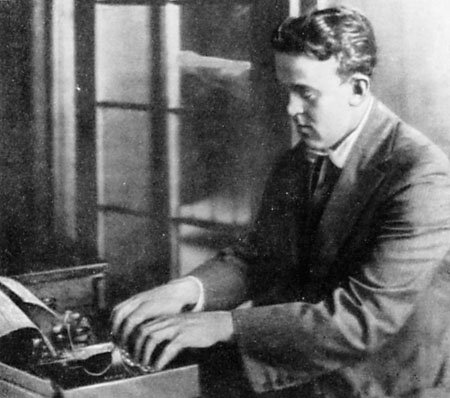





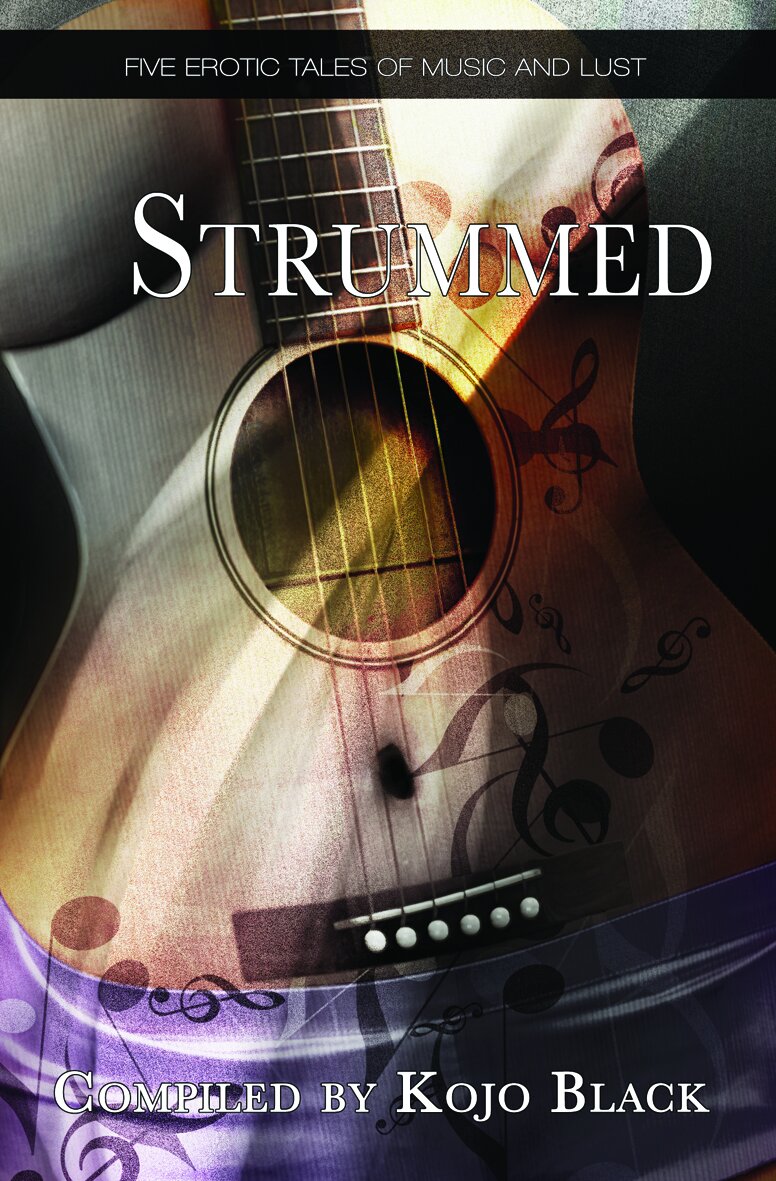
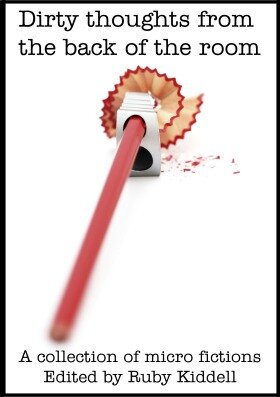

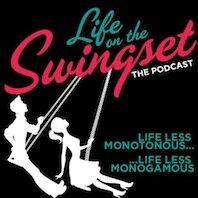
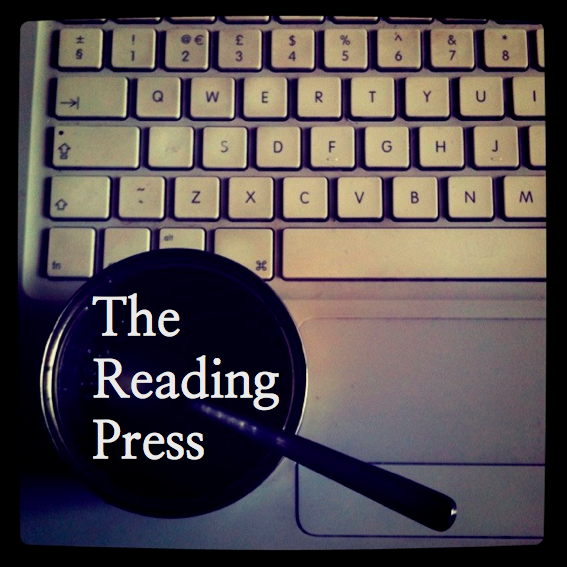




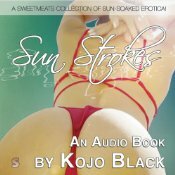







Very well said. Write a few hundred confessional poems, and people take every word you say quite literally! ;-) That’s become a problem for me, as has that Wyeth Bailey was a character I created and then used as a pseudonym, so there are stories that may read like autobiography that are not. But of course, is there not some if not much of us in everything we write? It’s just not exact. I write outside my own boundaries often, and I write characters with closer boundaries than mine. I think talking about sex is so close and intimate it feels like a truth whispered in the dark. We want it to be true. We want it to be you.
Yes, that’s very true. Someone wise said “Every great portrait ever painted is a picture of the artist, not the sitter” (or something like that), and I think it’s true that you put pieces of yourself into your writing… but that doesn’t make what we write what we want. Tricky.
Beautiful post, LGS.
Sometimes, we write of what we know or what we have heard of. Sometimes, we write of what we dream.
Writing behind an assumed name is protective, it helps wt privacy. But what if a person just wants the created string of words to stand alone? It must be a human trait to assign reality to a piece, to make the teller of the tale the subject of it.
Until we (humanity) can stop thinking all words spring from experience or desire, writers must stand hidden behind veils.
That does seem to be the unfortunate truth. I will never stop saying “don’t confuse the art with the artist”.